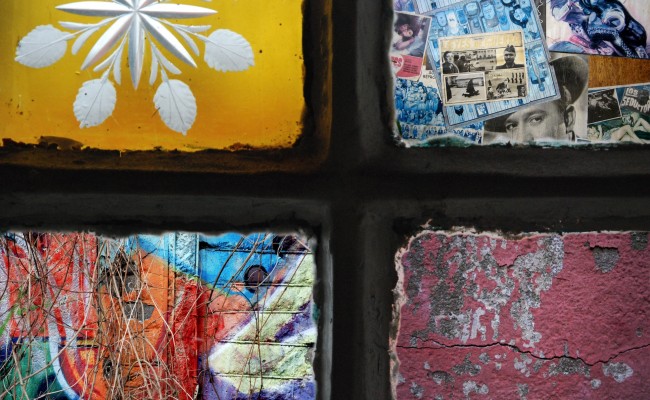It is over a year since the #MeToo tsunami broke over social media. In those first weeks, when I was scrolling through a solid wall of #MeToo on my Facebook and Twitter feeds, the internet became a trauma machine, recording and reproducing millions of psychic wounds.
The #MeToo movement was founded more than a decade ago by a black woman, Tarana Burke, as a way of helping survivors of sexual violence in low-wealth black communities in the United States. Since then it has become shorthand for so many things, many of them far removed from the grassroots approach to healing advocated by Burke. I have watched as it became a lightning rod for anger. I have watched the inevitable backlash gather force. I have watched it turn into a weapon used against women by men.
The #MeToo movement triggered memories I had forgotten or, more correctly, sent unexamined to the back of my mind. I had not realised there were so many of them: all those small, insidious incidents that on their own can be brushed off but which, stroke after stroke, add up to … what? A deformation of the self, I guess. At that point, I realised I was in mourning for who I might have been if I had not been reshaped by all those tiny cuts.
I have never been able to look at espaliered plants without feeling a strange empathy. When a fruit tree is espaliered, it is transformed from a three-dimensional plant into a two-dimensional one. A careful regime of pruning and pinning directs the growth of a tree’s branches so they are wired flat against a wall, each branch stretched out horizontally in pairs. It is a tree that neatly and obediently offers its fruits. It cannot reach for the sun in its own way.
The Merriam Webster’s first definition for ‘scandal’ concerns religion:
1a: discredit brought upon religion by unseemly conduct in a religious person
b: conduct that causes or encourages a lapse of faith or of religious obedience in another
The word first appeared in Middle English, so the Oxford English Dictionary tells me, and meant ‘a discredit to religion (by the reprehensible behaviour of a religious person)’. This sense came from Old French, scandale, which itself came from ecclesiastical Latin, scandalum (‘cause of offence’), inherited from the Greek skandalon (‘snare, stumbling block’).
Is patriarchy a religion? (Is the Pope Catholic?)
Certainly there is conduct that has caused and encouraged a lapse of faith and obedience in all the (an)others.
It is over a year since the Harvey Weinstein allegations were published and Australia is now gripped by its own celebrity defamation trial: that of Geoffrey Rush. It is a scandal, one that I follow obsessively. I read every news report; I follow the hashtags on social media; I scan all the documents the court has made available because of the public interest in the case.
My interest is partly professional, but it is also personal. My anger on behalf of the young woman who is standing up in court is also an anger for all of my younger selves who were denied justice.
Trials are no place to determine truths; at best they determine probability. ‘Beyond reasonable doubt.’ ‘Standard of proof.’ ‘A preponderance of evidence.’ In the oral adversarial trial, the standard under common law, the art of persuasion is paramount. And there are so many things that cannot be said.
I have seen and admired both these actors on stage. As performers, they are almost polar opposites. He is a consummate theatrical clown, using his lanky body to create a grotesquerie that opens up his abjection. His power lies in the mask, which at once conceals and reveals, summoning the hidden gods. As I follow the trial, I see what a dangerous game it is: sometimes the gods are vengeful, sometimes they reveal more than anyone could wish.
She, on the other hand, is an actor who generates her power through emotional truthfulness. When performing, she is luminous, a white flame. Alone on stage, she can make your blood run more slowly, as if time itself is slowing. Alone in court, speaking her words (not the words of others), inhabiting her own truth (not the truths of others), she is unwavering. When she is accused of lying, she steadily refuses the calumny. She is without shame. She is a scandal, the ‘snare’, the ‘stumbling block’. A truth on which other truths wreck themselves.
During the trial, he weeps. She burns, ice cold, immoveable, the flame of her truthfulness shining inside her.
In both of them I see the shame of patriarchy, slowly smouldering. I see it in all of us.
Image: Oliver / Flickr
Read the rest of Overland 233
If you enjoyed this piece, buy the issue




